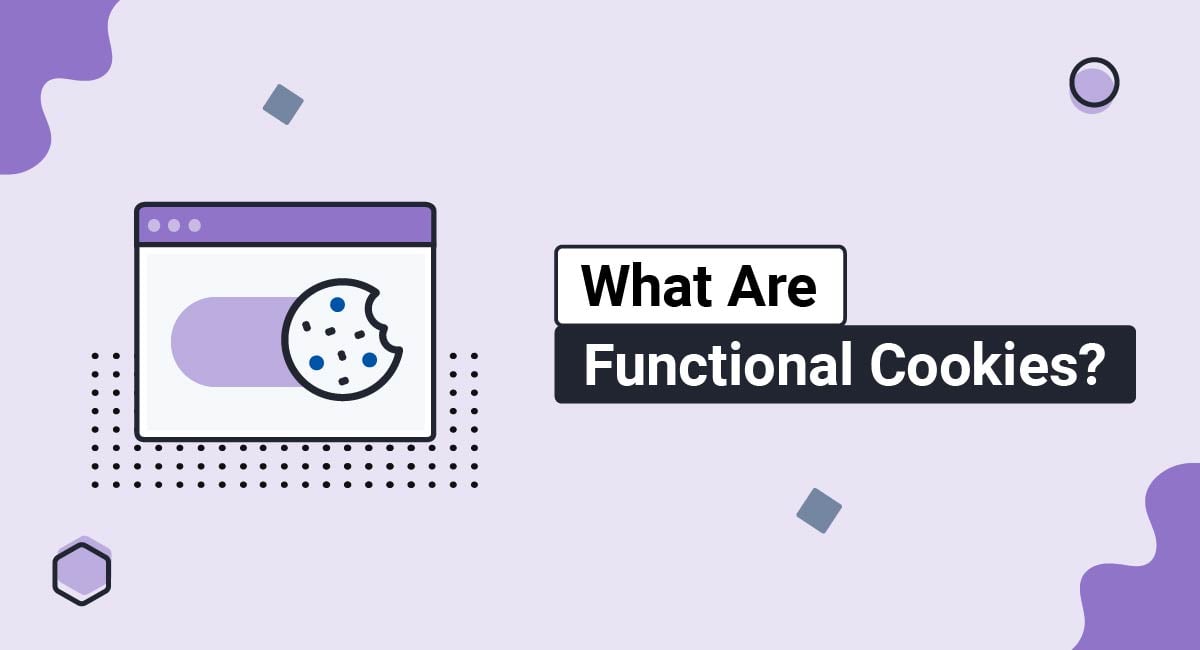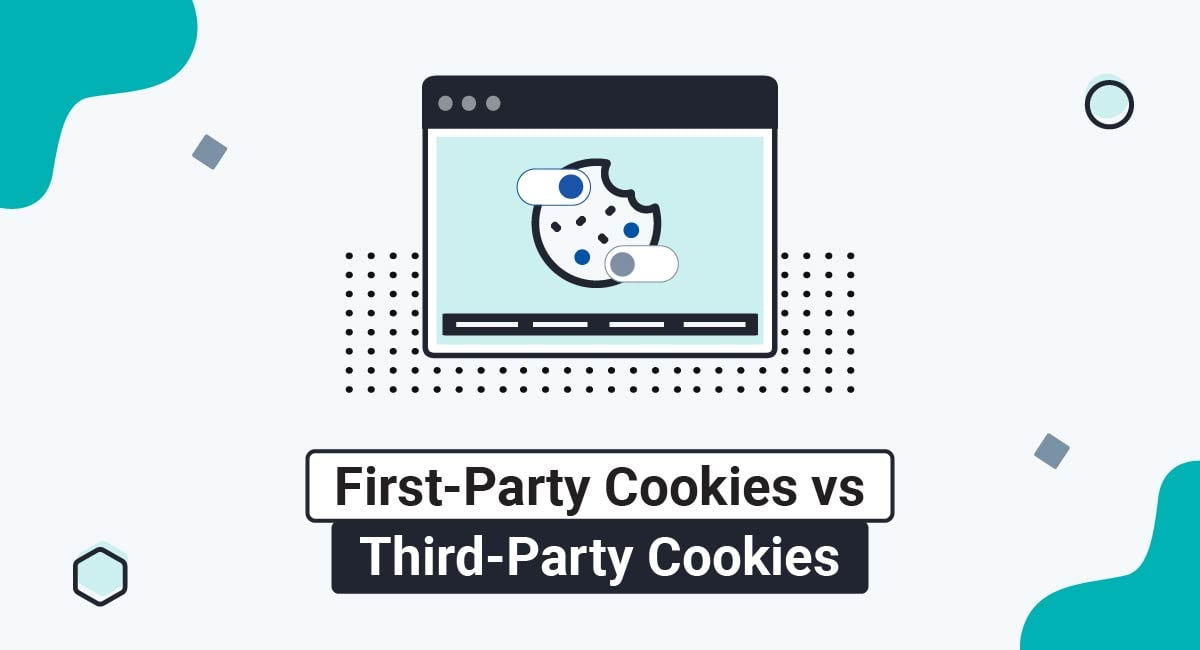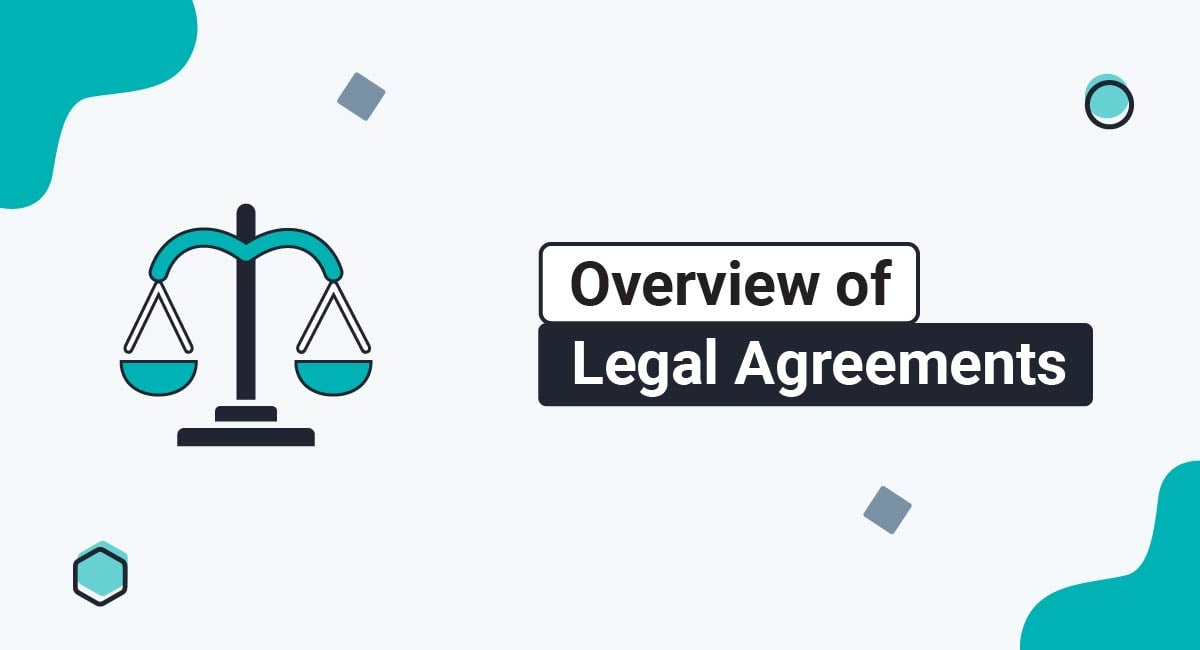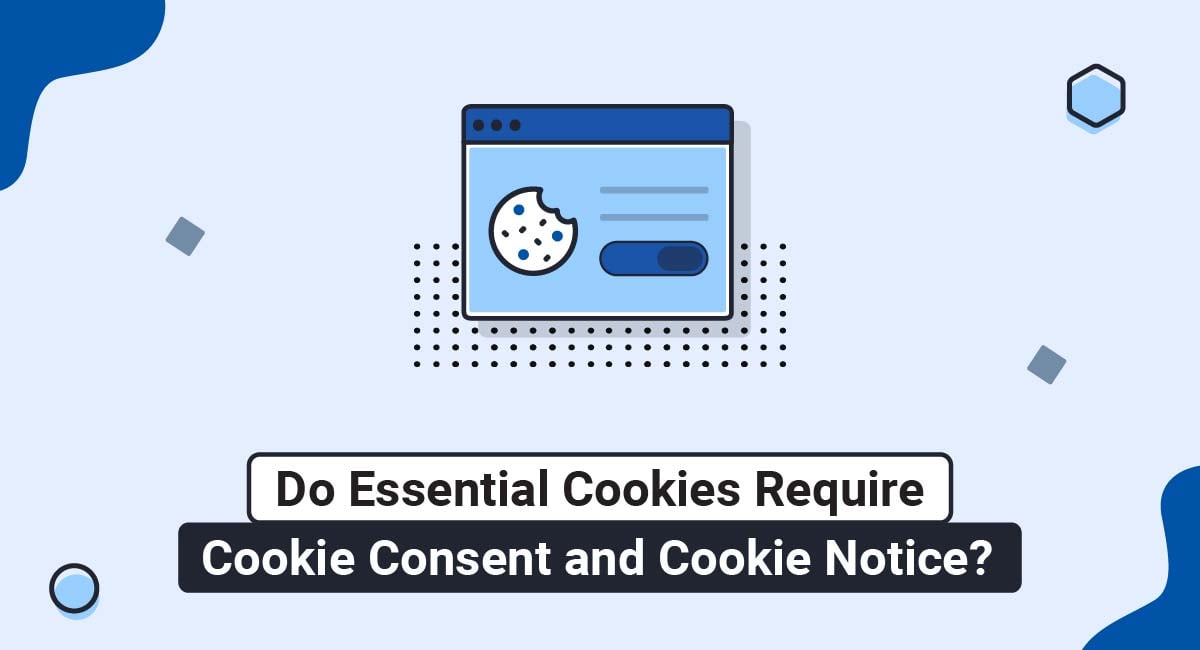Cookies Policy Generator FAQs.
Questions about Cookies Policy Generator before you sign-up? Find the most popular questions answered below.
A Cookies Policy is an agreement that informs your website users what cookies are, what cookies you use on your website, for what purposes are you using cookies, how users can change their cookie settings.
The purpose of a Cookies Policy is to inform your users what cookies you use, and for what purposes. This helps maintain user privacy rights and protect consumers. It's an agreement that boosts transparency between businesses and users.
Yes, the Cookies Policy Generator from TermsFeed is free to use.
Our agreements and policies are free. We sell optional premium agreements with additional clauses (one-time fee) that can protect your business interests better.
Yes, the Cookies Policy Generator from TermsFeed allows you to download the Cookies Policy document as HTML, DOCX or Plain Text.
Use the Cookies Policy Generator from TermsFeed to create a free Cookies Policy for your business.
Copying someone else's Cookies Policy is illegal. Under copyright laws, legal agreements (including a Cookies Policy) are protected by copyright.
A Cookies Policy is important because the GDPR legally requires one. If you fall under the scope of the GDPR and don't have a Cookies Policy, you can face potential fines and legal issues.
They're also important for maintaining consumer privacy rights and keeping your users informed about your practices. They're important for transparency and facilitating user rights.
Your Cookies Policy should include clauses that address the following:
- Statement that you use cookies
- What cookies are, briefly
- What types of cookies you use or allow third parties to use
- How and why these cookies are in use
- How a user can opt out of having cookies placed, or remove them
Include a link to your Cookies Policy in your website footer. Also add a link to your Cookies Policy from your cookie consent notice banner.
A Cookies Policy is a sometimes-legally-required agreement that exclusively addresses cookies, what they are, what ones you use and how you use them.
A Privacy Policy is legally required and addresses the collection, use and storage of all types of personal information, including but not limited to cookies.
While both agreements work to protect consumer privacy and boost transparency between businesses and users, a Privacy Policy will have far more information and be more broad than a Cookies Policy.
A Privacy Policy will often include a clause addressing cookies as one of its many clauses.
If you fall under the scope of the GDPR, you must have your Cookies Policy separate from your Privacy Policy. You can (and should) still include a short cookies clause in your Privacy Policy, but you cannot combine the agreements into one.
If you don't fall under the scope of the GDPR and aren't legally required to have a Cookies Policy, you can include a cookie clause in your Privacy Policy that discloses your use of cookies.
If in doubt, always create separate legal agreements. You can cross-reference the agreements across others, for example, by linking your Cookies Policy to your Privacy Policy.
Cookies Policies are legally binding if you get appropriate consent and agreement from your users.
The most common way to do this is to have a pop-up window or banner bar show up the first time someone visits your website. This is called a cookie consent notice.
In this notice, include a statement that you're requesting consent to place cookies and link to your full Cookies Policy. Give users the option to accept or decline your use of cookies via clearly-labeled buttons or a checkbox and ask them to agree to the terms within.
If you don't get clear consent, your Cookies Policy may not hold up in court since a formal contract may not be found to be formed.











